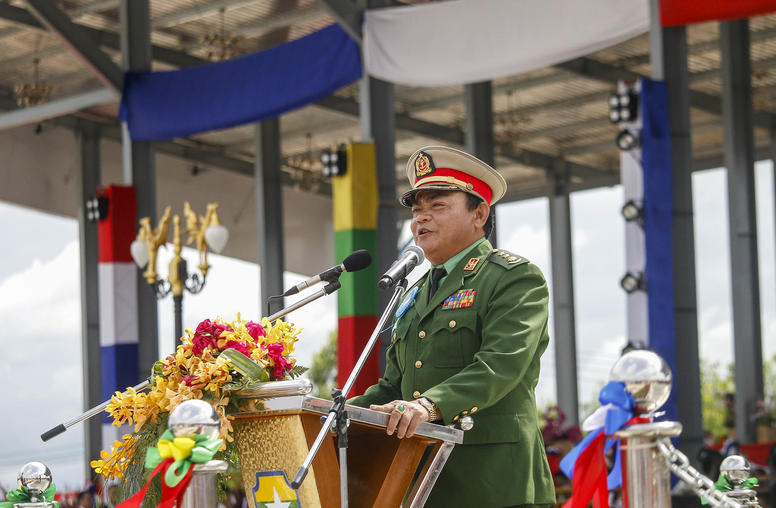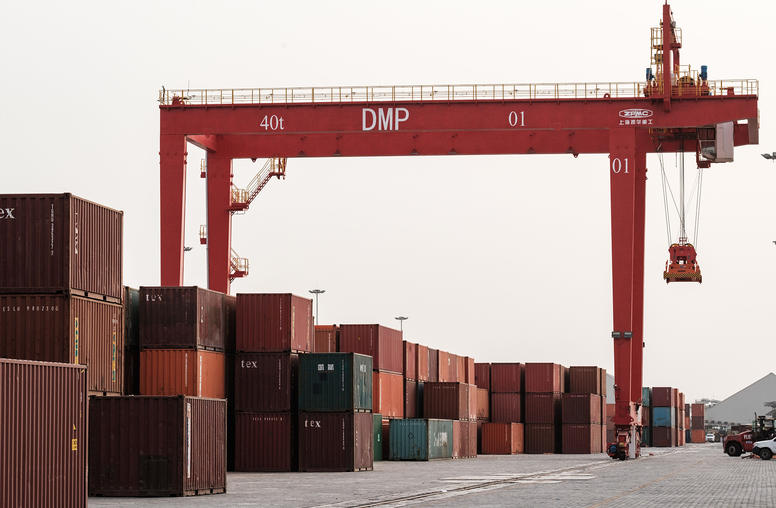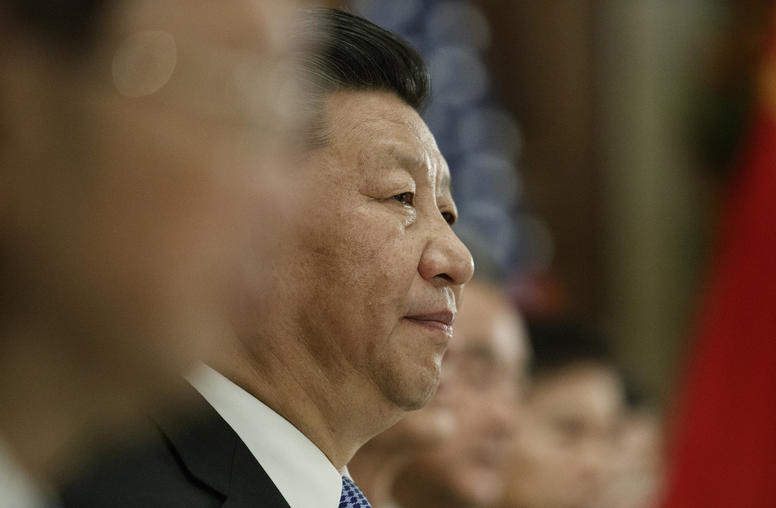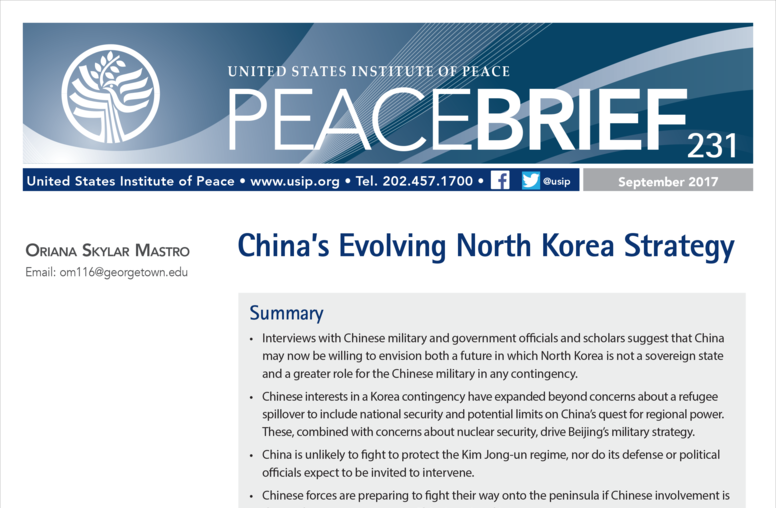Publications
Articles, publications, books, tools and multimedia features from the U.S. Institute of Peace provide the latest news, analysis, research findings, practitioner guides and reports, all related to the conflict zones and issues that are at the center of the Institute’s work to prevent and reduce violent conflict.
Question And Answer
Amid a Changing Global Order, NATO Looks East

Andrew Scobell on China’s Aggression in the South China Sea
In asserting its claims in the South China Sea, Beijing “recognizes that international law is not on its side,” says USIP’s Andrew Scobell. Instead, China has resorted to gray-zone provocations against the Philippines and others that “are deliberate, on China’s part, to keep [the situation] below the threshold of war.”

Jacob Stokes on China’s Credibility Problem
Amid the escalating Hong Kong crisis, USIP’s Jacob Stokes says China’s history of breaking deals has created a basic credibility problem that “relates to Hong Kong, it relates to territorial disputes

Myanmar’s Casino Cities: The Role of China and Transnational Criminal Networks
Seeking to profit from China's lucrative but illegal gambling market, a shady web of actors has begun building resort cities in Myanmar’s Karen State to cater to Chinese gamblers. This report casts light on the actors behind Myanmar’s illegal gambling sector, their linkages to Chinese government entities and to Myanmar's armed groups and military, and how their actions could upend Myanmar’s prospects for peace.

China’s Impact on Conflict Dynamics in the Red Sea Arena
This report focuses on China’s influence and activities in the region and its relationships with twelve Red Sea arena states: Djibouti, Egypt, Eritrea, Ethiopia, Oman, Qatar, Saudi Arabia, Somalia, South Sudan, Sudan, the United Arab Emirates (UAE), and Yemen.

China’s Response to Sudan’s Political Transition
Sudan's decades-long economic relationship with China has almost always been dominated by oil. Yet this relationship has changed significantly in the past decade—first with the loss of oil reserves when South Sudan became an independent nation in 2011, and more recently due to the ouster of longtime ally President Omar al-Bashir. This report, based on interviews with policy officials, diplomats, industry and security experts, and others, examines China’s evolving commercial and political interests in this vital nation in the Horn of Africa.

Patricia Kim on China and Coronavirus in the Red Sea Arena
With coronavirus spreading in the Red Sea region, USIP’s Patricia Kim says Red Sea states don’t want to be forced to choose between major powers. “When things like the COVID-19 pandemic peak in fragile places,” says Kim, “this definitely requires cooperation between the United States and China.”

China’s Periphery Diplomacy: Implications for Peace and Security in Asia
China’s foreign policy is expanding in scope and depth and now reaches across the globe. Yet its diplomatic efforts focus on its own complex neighborhood. To advance these interests, China’s leaders practice an interlocking set of foreign affairs activities they refer to as “periphery diplomacy.” This report details the main tools Beijing uses to engage the countries with which it shares borders, assesses the campaign’s effectiveness, and lays out the implications for peace and security in Asia.

Jacob Stokes on China’s Hong Kong Policy
After Beijing passed a new law curtailing freedom in Hong Kong, protests have again erupted in the territory. USIP’s Jacob Stokes says Hong Kong’s democracy poses a threat to Beijing’s legitimacy, and that if China “can’t produce enough economic growth … then that threat … becomes much more acute.”

Vikram Singh on Tensions Along the China-India Border
In recent weeks, Chinese and Indian soldiers have been fighting on their long-disputed border. USIP’s Vikram Singh says these skirmishes are not new—but that the latest hostilities echo China’s aggression in other parts of the region, saying, “It seems like China is flexing its muscle in every direction.”

China’s Evolving North Korea Strategy
Despite Pyongyang’s recent ballistic missile and nuclear activity and threats, Beijing continues to resist US requests to apply greater economic pressure on North Korea. This measured response aside, nuanced but highly significant changes in China’s thinking on North Korea are clear. China may now be willing to envision both a future in which North Korea is not a sovereign state and a greater role for the Chinese military in any contingency. This Peace Brief reviews this thinking as well as potential Chinese motivations to intervene militarily in a Korea contingency and the implications for US policy.